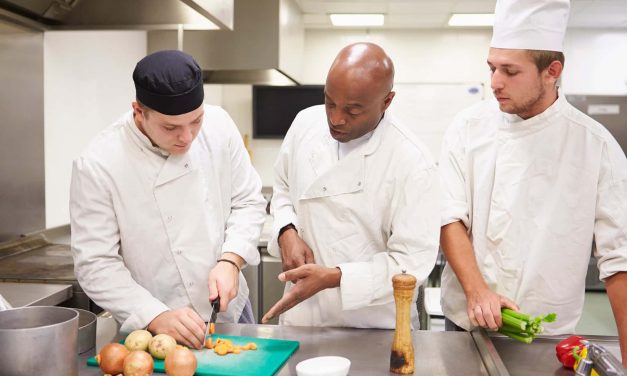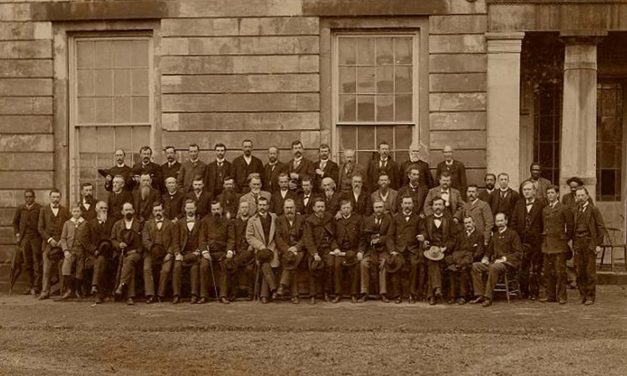School curriculums for today’s economy consider technical education with vocational training
By Anthony P. Carnevale, Research professor and director of the Georgetown University Center on Education and the Workforce; Andrew R. Hanson, Senior Research Analyst at the Center on Education and the Workforce; and Megan Fasules, Research Economist – Georgetown University Unlike old-fashioned vocational education, high school-level Career and technical education (CTE) does not really prepare people for jobs directly after high school. While the stated end goal of K-12 education in America is for students to be “college and career ready,” the reality is the existence of career-ready high school graduates is a myth. The expectation that high school...
Read More















